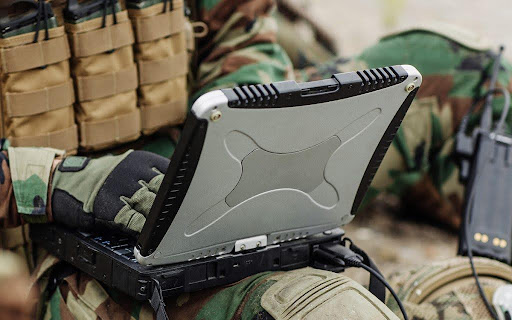What Are the Future Trends in Military Battery Technology?

Military batteries play a crucial role in modern defense operations. They power everything from communication devices to tactical equipment. As technology advances, the future of military battery technology looks promising with new innovations on the horizon.
Advances in Battery Chemistry
Solid-State Batteries
One of the most exciting developments in military battery technology is the advancement of solid-state batteries. Unlike traditional lithium-ion batteries that use a liquid electrolyte, solid-state batteries use a solid electrolyte. This shift can result in batteries that are both safer and more energy-dense. For military uses, this means enhanced power with reduced risks of leaks or explosions.
Advanced Lithium-Ion Batteries
While solid-state batteries are emerging, military rechargeable batteries continue to improve. Advances in lithium-ion technology are making these batteries more efficient and durable. New materials and designs are increasing their energy density, allowing for longer-lasting power in smaller sizes. This is especially useful for soldiers who need reliable power sources for extended missions.
Improved Energy Density and Power
High-Energy-Density Batteries
Future military operations demand batteries that can store more energy in a smaller space. High-energy-density batteries are designed to meet this need. These batteries can power equipment for longer periods without adding extra weight. This helps reduce the burden on soldiers and allows for more efficient use of equipment.
Fast-Charging Capabilities
Another important trend is the development of batteries with fast-charging capabilities. In critical situations, having a battery that charges quickly can be a game-changer. Military rechargeable batteries with this feature can be recharged in less time, allowing soldiers to get back to using their equipment more quickly. This is especially useful for devices that are in constant use.
Enhanced Durability and Performance
Extreme Temperature Tolerance
Military environments often involve extreme temperatures, from freezing cold to intense heat. Batteries that can operate reliably under these conditions are crucial. Future trends include batteries designed to withstand a wide range of temperatures without losing performance. This means that military equipment will be more reliable in various weather conditions.
Rugged Designs
In addition to temperature tolerance, military batteries need to be rugged and durable. The next generation of batteries will feature designs that can withstand physical impacts, vibrations, and harsh environments. This increased durability ensures that the batteries continue to function effectively even in challenging conditions.
Smart Battery Technologies
Battery Management Systems
Smart battery management systems are becoming more common in military battery technology. These systems monitor the battery’s health, charge levels, and usage patterns. They can alert users to potential issues before they become serious problems. This helps in maintaining battery performance and extending its life.
Integrated Sensors
Future military batteries may also include integrated sensors that provide real-time data on the battery’s status. These sensors can track factors like temperature, voltage, and remaining charge. This information helps in managing power use more effectively and ensures that soldiers have the power they need when they need it.
Sustainability and Environmental Concerns
Recyclable and Eco-Friendly Materials
As concerns about environmental impact grow, the military is focusing on using recyclable and eco-friendly materials in battery production. Future trends include the development of batteries that are easier to recycle and have a lower environmental footprint. This aligns with global efforts to reduce waste and promote sustainability.
Extended Battery Life
Improving the lifespan of batteries also helps in reducing waste. Batteries that last longer between charges and have a longer overall life cycle contribute to less frequent replacements. This not only reduces environmental impact but also lowers costs.
Ending Notes
The future of military battery technology is heading towards exciting developments. With advances in battery chemistry, improved energy density, and enhanced durability, future military batteries will be more efficient and reliable. Smart technologies and a focus on sustainability will further enhance their performance and environmental impact.




